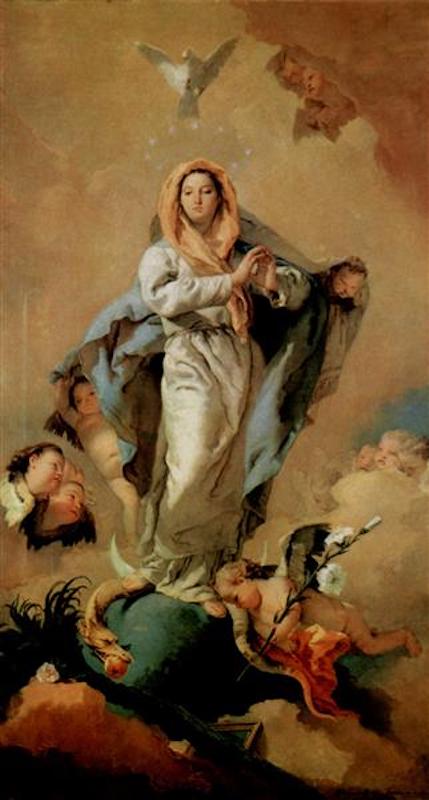“Purify our conscience, Almighty God, by your daily visitation, that your Son Jesus Christ, at his coming, may find in us a mansion prepared for himself; who lives and reigns with you, in the unity of the Holy Spirit, one God, now and for ever. Amen.” –Collect for the 4th Sunday of Advent
It’s now been over eight months since the parishes in our diocese and in large part across the Episcopal Church and other denominations have been closed to in-person worship. For many people, this has been a loss too great to be borne. Some parishioners have slipped away to worship in churches that chose to overlook requests to limit in-person gatherings. But our readings for this coming Sunday challenge us from the opening words of worship to consider that God’s dwelling place has never been limited to walls human hands have made. It’s almost as if the lectionary is speaking directly to us this year and offering us solace, encouragement, and hope as we continue to privilege the well-being of others over our deepest longings to be within our beautiful sacred buildings.
Our collect for this Sunday pairs beautifully with the first reading we will hear from 2nd Samuel chapter seven, and with our gospel reading from the first chapter of Luke. The collect challenges us to see ourselves as a temple and home for Jesus, a challenge that goes deeper than the old saying, “your body is a temple.” In the season as we anticipate the incarnation of God in Christ, when we look forward to love taking on human flesh and hallowing it, we sometimes forget what the incarnation implies about our own beloved-ness, of the imprint of God that we bear at the center of our beings. Our reading from Samuel reminds us that God never asked for us to build walls and palaces in tribute to God. Walls, indeed, can be used to bottle something up within, or to exclude that which is without. Walls can be used to restrict, to conceal, to make mysterious that which should be openly and freely celebrated.
And certainly, before David’s big idea of building a palace for God — a temple David’s son Solomon built — God had lived in the center of the people, had literally tabernacled among them and stood in solidarity with them. This did not make God common or commonplace, but instead called the people to mindfulness of the presence of God always among them.
Gabriel’s annunciation to Mary that we hear in this Sunday’s Luke reading represents a reversal and upheaval of the human attempts to place walls and roofs over the living presence of God. Mary herself, Theotokos, or “God bearer,” with her bold, considered assent to be the handmaiden of God in God’s ongoing work of salvation, becomes, in her slim, strong body, the last container for God that will ever be required. Her willingness to carry and nurture the Lord of Life beneath her beating heart for nine months, and to care for the Incarnate one through his earthly pilgrimage among us as brother, teacher, and Lord is in itself a promise and a challenge to us today.
I’ve often marveled that the heart is often described as being set ablaze by love. Add a single letter, and “heart” becomes “hearth,” radiating warmth and light into the most steadfast darkness. Mary carries Jesus within her heart, a heart that blazes with the strength of her faith like the hearth that warms a home, and Jesus asks us all to do the same. Like Mary, our hearts can blaze with joy if we assent to Christ living at the very center of our being. In coming to dwell among us as one of us, Christ shows us the perfection of humanity if we choose union with God in our thought, word, and deed.
This Christmas, after so much loss and anxiety, are we not being called to welcome Jesus into every aspect of our lives, to bear Christ out into the world, instead of locking him behind red doors? How can we make ourselves similarly into a fitting habitation for God?
The Rev. Leslie Scoopmire is a writer, musician, and a priest in the Diocese of Missouri. She is rector of St. Martin’s Episcopal Church in Ellisville, MO. She posts daily prayers, meditations, and sermons at her blog Abiding In Hope, and collects spiritual writings and images at Poems, Psalms, and Prayers.

